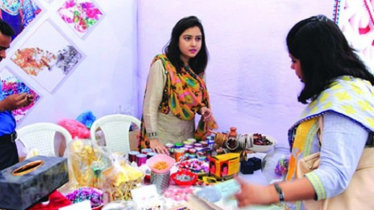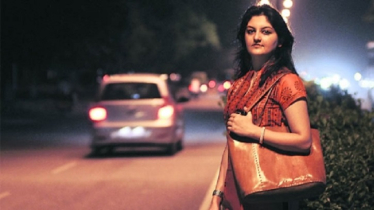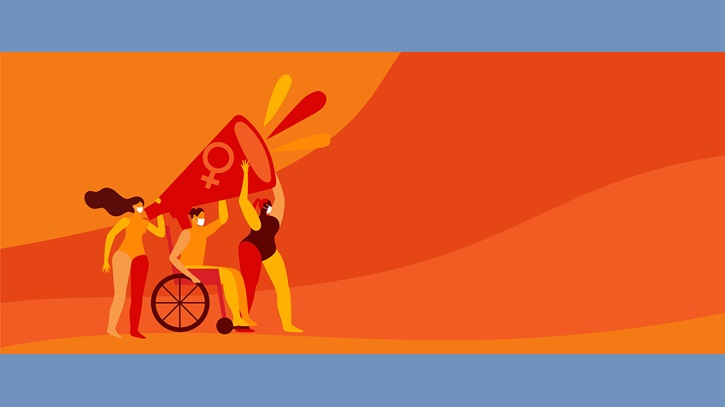
Photo Collected
UN Women organized the 16-day event as part of the annual campaign against gender-based violence. The organization works in solidarity with women victims of violence, decision makers, global citizens and UN management. The organization discussed funding, essential services and prevention initiatives. The importance of data collection on gender-based violence is discussed. Through which it will be possible to identify forms of gender-based violence.
Ending violence against woman is everyone’s business. Here are ten ways you can make a difference, safely and impactfully.
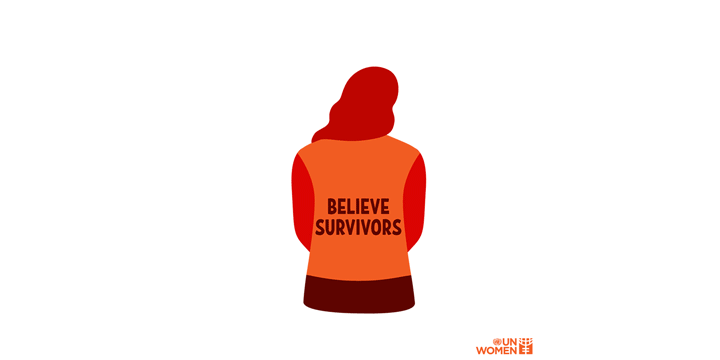 1. Listen to and believe survivors
1. Listen to and believe survivors
When a woman shares her story of violence, she takes the first step to breaking the cycle of abuse.
It is on all of us to give her the safe space she needs to speak up and be heard.
It is important to remember that when discussing cases of sexual violence, a victim’s sobriety, clothes, and sexuality are irrelevant.
The perpetrator is the sole reason for assault and must bear the responsibility alone. Call out victim-blaming and counter the idea that it is on woman to avoid situations that might be seen as ‘dangerous’ by traditional standards.
Survivors of violence are speaking out more than ever before, and everyone has a role to play to ensure they can have justice.
Do not say, ‘Why didn’t she leave?’
Do say: ‘We hear you. We believe you. We stand with you.’
2. Teach the next generation and learn from them
The examples we set for the younger generation shape the way they think about gender, respect, and human rights. Start conversations about gender roles early on, and challenge the traditional features and characteristics assigned to man and woman. Point out the stereotypes that children constantly encounter, whether in the media, on the street, or at school, and let them know that it is OK to be different. Encourage a culture of acceptance.
Talk about consent, bodily autonomy, and accountability in an age-appropriate way to boys and girls. For example, discuss the importance of a clear ‘yes’ from all involved, the fact your body is yours and you make choices over what happens to it, and of how we must always take responsibility for our actions. It is important to also listen to what children have to say about their experience of the world. By empowering young advocates with information and educating them about women’s rights, we can build a better future for all.
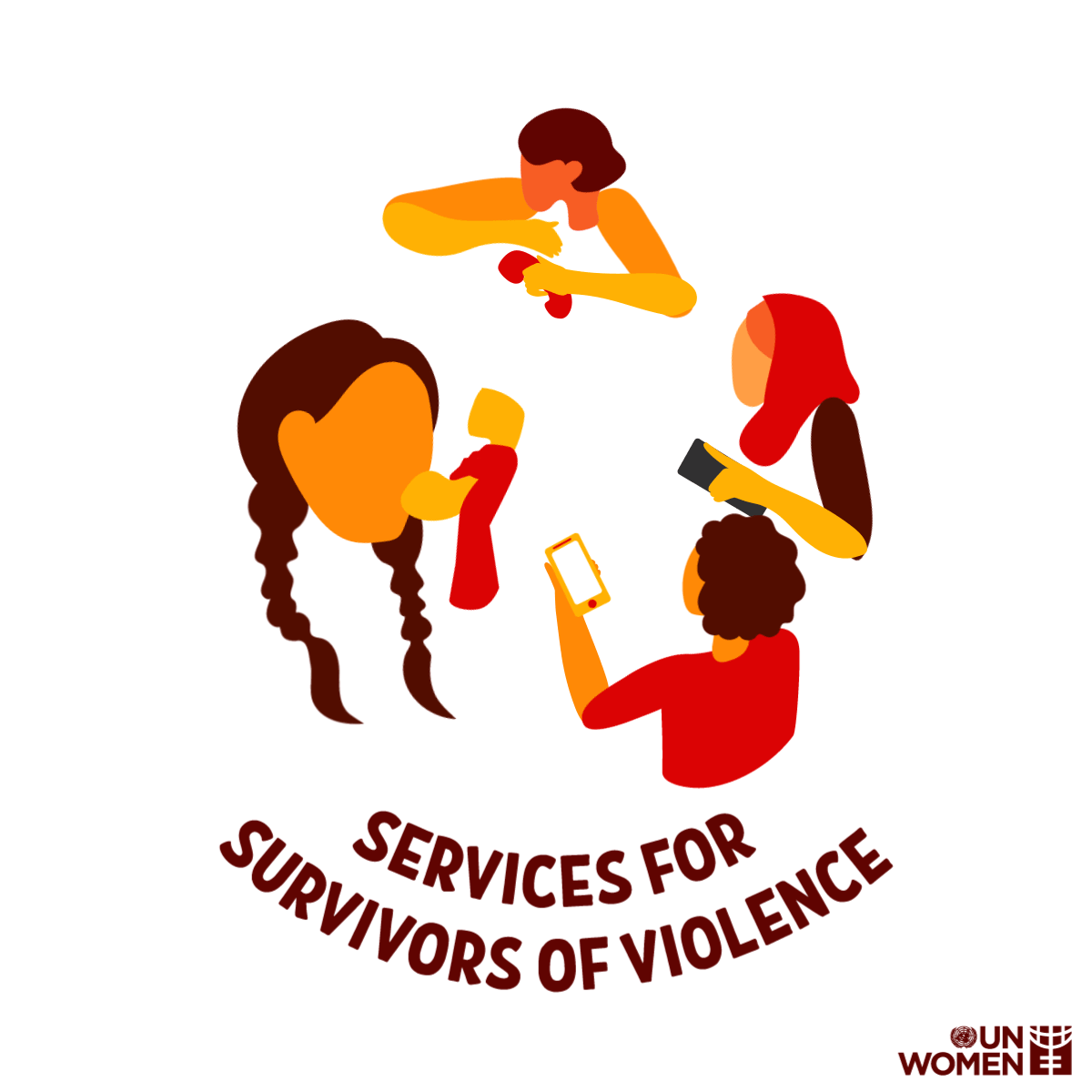 3. Call for responses and services fit for purpose
3. Call for responses and services fit for purpose
Services for survivors are essential services.
This means that shelters, helplines, counseling, and all support for survivors of gender-based violence need to be available for those in need.
Every year, the 16 Days of Activism campaign calls for united, global action to end all forms of violence against women and girls.
This year the United Nations, together with our partners, are demanding increased investments to end violence against women and girls.
Join us in calling on governments to bridge funding gaps to address violence against women and girls, invest in prevention initiatives, ensure essential services for survivors of violence are maintained, implement prevention measures, and invest in collecting the data necessary to adapt and improve life-saving services for women and girls.
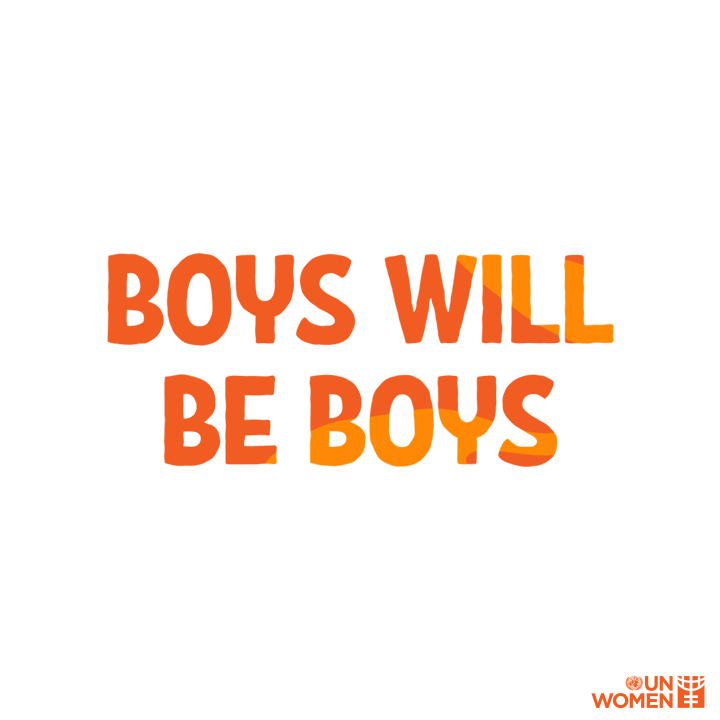 4. Understand consent
4. Understand consent
Rather than listening for a ‘no’, make sure there is a clear ‘yes’, from all involved. Adopt clear consent in your life and talk about it.
Phrases like ‘she was asking for it’ or ‘boys will be boys’ attempt to blur the lines around sexual consent, placing blame on victims, and excusing perpetrators from the crimes they have committed.
While those that use these lines may have fuzzy understandings of consent, the definition is crystal clear. When it comes to consent, there are no blurred lines.
Learn more about consent.
5. Learn the signs of abuse and how you can help
There are many forms of abuse and all of them can have serious physical and emotional effects. If you’re concerned about a friend who may be experiencing violence or feels unsafe around someone, review these signs and learn about the ways to help them find safety and support.
If you think someone is abusing you, help is available. You are not alone. If you’d like to talk with a trained advocate at a helpline, we compiled this list of resources around the world.
6. Start a conversation
Violence against woman and girls is a human rights violation that’s been perpetuated for decades.
It is pervasive, but it is not inevitable, unless we stay silent.
Show your solidarity with survivors and where you stand in the fight for woman’s rights by oranging your social media profile for the 16 Days of Activism – you can download banners for Facebook and Twitter here.
On Instagram, you can use UN Women’s face filter to spread the word and encourage your community to do the same.
Use #orangetheworld, #16Days, and #GenerationEquality to start your own conversation about gender-based violence, or share some of the content from our social media package.
7. Stand against rape culture
Rape culture is the social environment that allows sexual violence to be normalized and justified, fueled by the persistent gender inequalities and attitudes about gender and sexuality. Naming it is the first step to dismantling rape culture.
Every day we have the opportunity to examine our behaviours and beliefs for biases that permit rape culture to continue. Think about how you define masculinity and femininity, and how your own biases and stereotypes influence you.
From the attitudes we have about gender identities to the policies we support in our communities, we can all take action to stand against rape culture.
Learn more ways to stand against rape culture.
8. Fund women’s organizations
Donate to local organizations that empower women, amplify their voices, support survivors, and promote acceptance of all gender identities and sexualities.
UN Women works with women’s organizations everywhere to end violence against women, assist survivors, and secure equal rights for women and girls everywhere. Donate now.
Find out more about how women’s organizations prevent violence against women and girls.
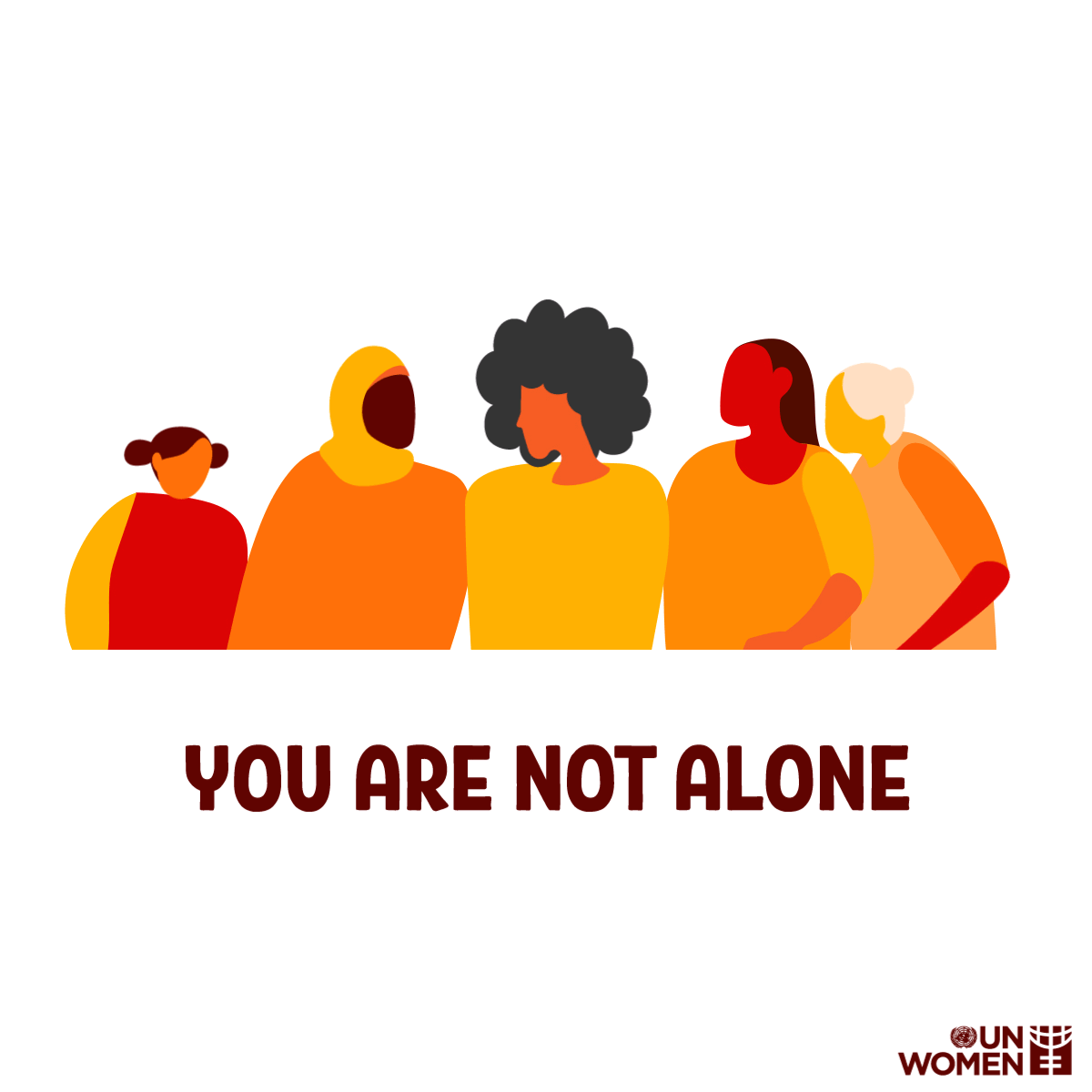 9. Hold each other accountable
9. Hold each other accountable
Violence can take many forms, including sexual harassment in the workplace and in public spaces.
Take a stand by calling it out when you see it: catcalling, inappropriate sexual comments, and sexist jokes are never okay.
Create a safer environment for everyone by challenging your peers to reflect on their own behaviour and speaking up when someone crosses the line, or by enlisting the help of others if you don’t feel safe.
As always, listen to survivors and make sure they have the support they need.
10. Know the data and demand more of it
To effectively combat gender-based violence, we need to understand the issue.
Relevant data collection is key to implementing successful prevention measures and providing survivors with the right support.
Gaps in gender sensitive data collection have become more glaring than ever. Call on your government to invest in the collection of data on gender-based violence.
U





